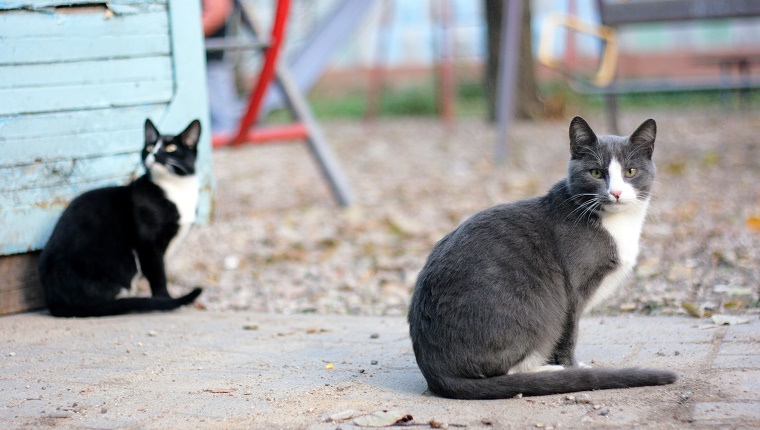The city of Chicago has a rat problem. A big rat problem. After a mild 2015-2016 winter, the rodent population exploded, and there has been a 40% increase in rat complaints since last year. Citizens have tried traps, poisons, high-frequency noise emitters, and all sorts of devices to fight the problem, but one method seems to be working better than the rest, so long as you…

When rescuers arrived at the scene, only the cat’s legs were stuck in the glue. When they covered the cat’s…




